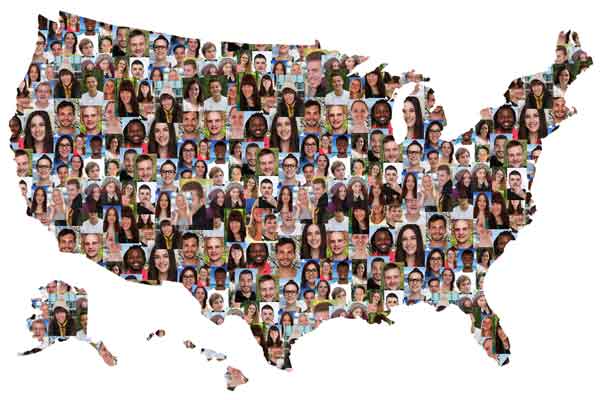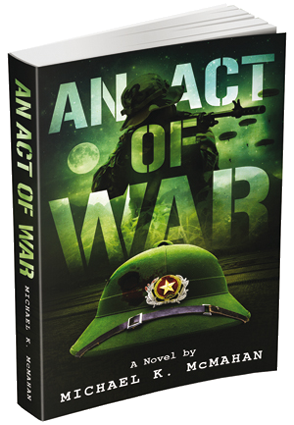There was a time in America when people from vastly different cultures and experiences respected one another; when men opened doors for women; when children understood that adults were in charge; when people in authority were venerated; when those who had worked hard to achieve higher levels of education and understanding were esteemed; when discourse was civil, and virtually everyone knew how to disagree without being disagreeable. In that time when America truly was great, the life we lived was less coarse, and more of us shared core values that were deeply rooted in the fertile soil of human decency.
Over time, we changed. The life we are living now has become more about us and less about others. We seek more what is in our self-interest and less what is in the interest of the community in which we live. We no longer think of service to our country as a matter of duty. Fewer and fewer enter the military services, volunteer to give blood, work in homeless shelters, provide food for the hungry, pick up trash on roadsides, or do what is necessary to make our communities better. We are too busy snap-chatting or tweeting or face-booking or web-surfing to look up and see what we have become.
So now there is consensus that America is no longer the great country that President Reagan once called “a shining city on a hill.” We seem to agree that our light has dimmed, and our soul is troubled. Is it true? Is America no longer great? And, if it is true, why? Why are we no longer a great beacon to the world?
Some would say that we are less than we once were because we have permitted others to come into our country in large numbers. It is the immigrants, legal and illegal, who have usurped our greatness by diluting our culture and changing the mosaic of our society. Others would argue that our economic system is flawed, rewarding a few at the top at the expense of the vast majority who are in the middle or at the bottom of the economic ladder. Still others will say that we are weaker because we have failed to support the disadvantaged and the vulnerable. Many will point to education or healthcare or politics or even the damage we do to the environment. There are plenty of scapegoats.
But why aren’t we as great as before? I believe the problem is about what is important to us, individually and collectively. What we value today is not what our parents and grandparents valued. There are basic precepts on which virtually everybody in America once agreed — that every person should be treated justly and with human dignity; that the sanctity of human life is undeniable; that children must be treasured and trained to live responsible lives; that everyone owes a debt of duty to their country and community; that those who succeed financially need to be good stewards of their wealth; that everyone can grow through education and throughout their lives; that books should be read; that ideas should be shared; that civil discourse should be civil; that kindness should be widespread and steeped in charity; that there is dignity in work; that working hard is a pathway to success; that, though bad things happen to everyone, overcoming adversity strengthens personal character and encourages others; and that any person of goodwill who is willing to learn and work hard can succeed.
On January 20, 1961 in his famous inaugural address, President Kennedy said, “Ask not what your country can do for you. Ask what you can do for your country.” Perhaps here is the answer. We should all be looking in and not out. We should be asking ourselves if we, individually, are the person we should be or can be. We all need to read, learn, work, help, take responsibility, volunteer, give, show compassion, try to understand where others are coming from, and acknowledge the difficulties in the lives of those who struggle.
As for me, I believe in America. I know that, collectively, we are good people. But we can be better. We can do better. If each of us commits our life to helping others and improving ourselves, there is no limit to what we can accomplish.
Ralph Waldo Emerson said, “The purpose of life is not to be happy. It is to be useful, to be honorable, to be compassionate, to have it make some difference that you have lived and lived well.”
Combining our human spirits and committing ourselves to the great ideals on which our country was founded is the straightest path to greatness. We can make America great again, and I believe we will.


